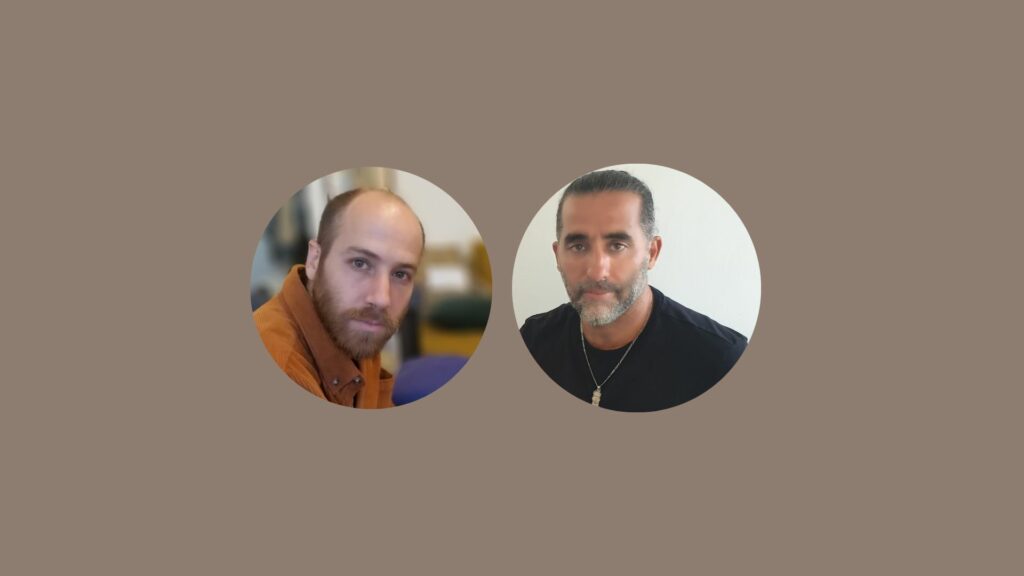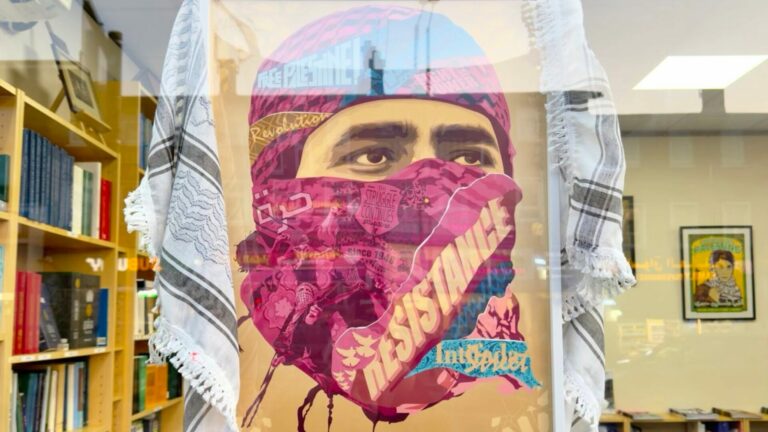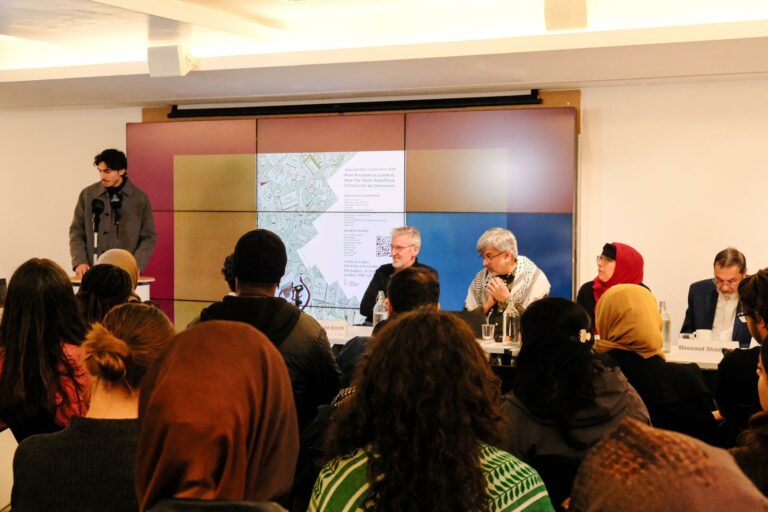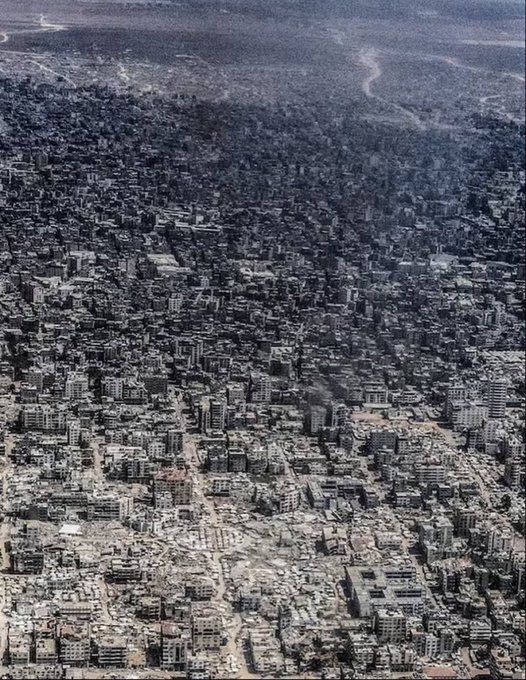In collaboration with Brent Trades Council, IHRC held a screening of documentary, Two Kids a Day, on Thursday, 18 July. The documentary highlights the use of minors’ arrests to control and repress Palestinian society. The film follows footage of arrests and interviews with Palestinian youths, a soldier who took part in arrests, a former deputy division head in the Israeli security agency, a human rights lawyer and a former military prosecutor. Whilst the film highlighted the clear absurdity and injustice of the arrests and mistreatment, some of the interviewees, tone-deaf and paltry, defended the arrests, claiming throwing a rock of the size of a tennis ball at a windshield could seriously injure an IOF soldier.
The screening was followed by an insightful Q&A with co-producer, Mohamad Babai and director, David Wachsmann. Both Babai and Wachsmann discussed the difficulties in getting Palestinian youths to agree to do the interviews, the frequency in which the teenagers get arrested and how deeply it impacts their families. Most of the Palestinian interviewees and their families were unable to attend the premiere screening at the Jerusalem Film Festival in 2022, either due to being imprisoned or because they were refused permission to travel to West Jerusalem by the Israeli authorities.
Wachsmann shared some of his personal journey of becoming critical of the apartheid regime and how he began working with Babai. They also discussed the current situation in the Gaza and the West Bank and expressed their hopes to continue engaging in work that highlights the injustices of the Israeli apartheid system.
An attendee asked Babai and Wachsmann how to donate and support their important work, to which Babai responded that they do not need donations and they prefer donations be sent to refugee camps, such as the Balata Camp in Nablus City.
If you would like to get in touch with Mohamad Babai and David Wachsmann and/or hold a screening of Two Kids A Day in your area, please contact mbabay48@gmail.com.
About the documentary:
On average, two Palestinian kids are arrested every night by the Israeli army. They are interrogated, tried, and sent to prison. Two Kids A Day describes the use of minors’ arrests to control and repress Palestinian society.
The film allows a one-time glimpse of video materials from the four children’s interrogations. Through the interrogations, the personal story of the children and their friendship is revealed, as well as the story of the refugee camp from which they come and the story of the Palestinian people struggling for independence.
Through the children’s stories, the film presents a broad picture of the method behind the arrests of minors in the West Bank. The purpose of this method is to “break” the popular uprising in the villages that oppose the occupation. The arrests of the children suppress the resistance. Each year, over 700 Palestinian minors are arrested throughout the West Bank. 95 percent of the minors arrested live within one kilometer of a settlement and there is a direct link between the minors’ detention and the IDF’s protection of the settlements.
Throughout the film, key characters from the system are interviewed. A soldier who took part in arrests, Former deputy division head in the Israeli security agency, a human rights lawyer and a former military prosecutor. They shed light on the method and its modes of action and turn the personal story of the four children into a much wider story.
About the co-producer:
The film is directed by David Wachsmann. David studied at the Sam Spiegel Film School in Jerusalem. In his films, David deals with social and political issues that motivate him to action. He creates out of a belief in the power of cinema to create even the slightest change of consciousness.






